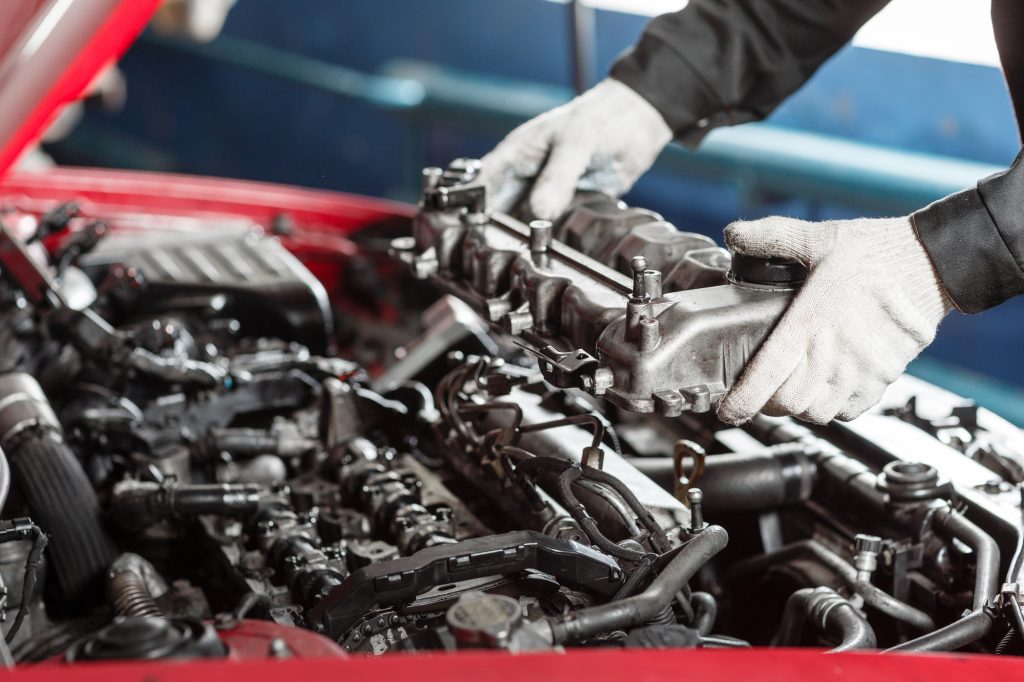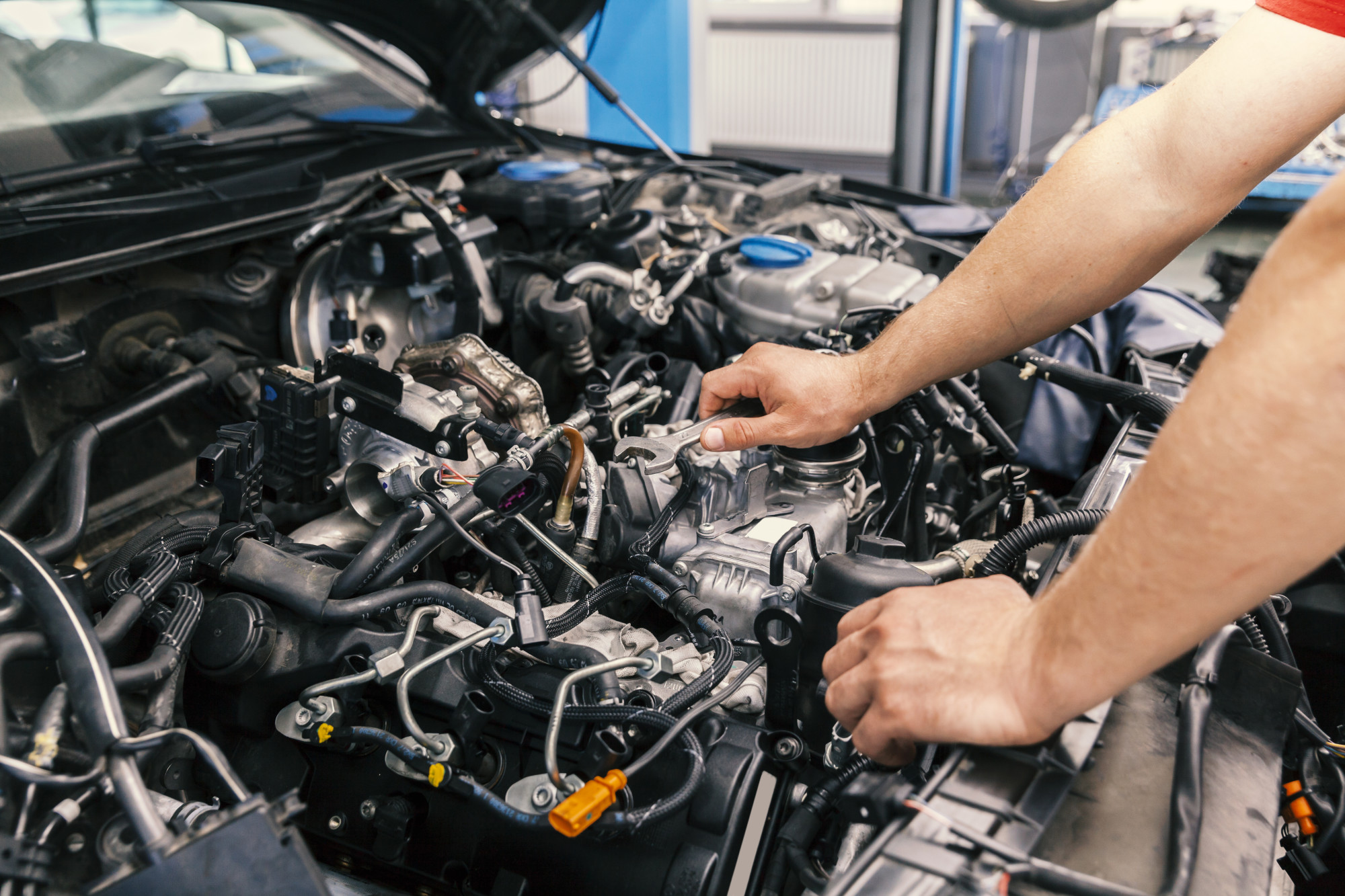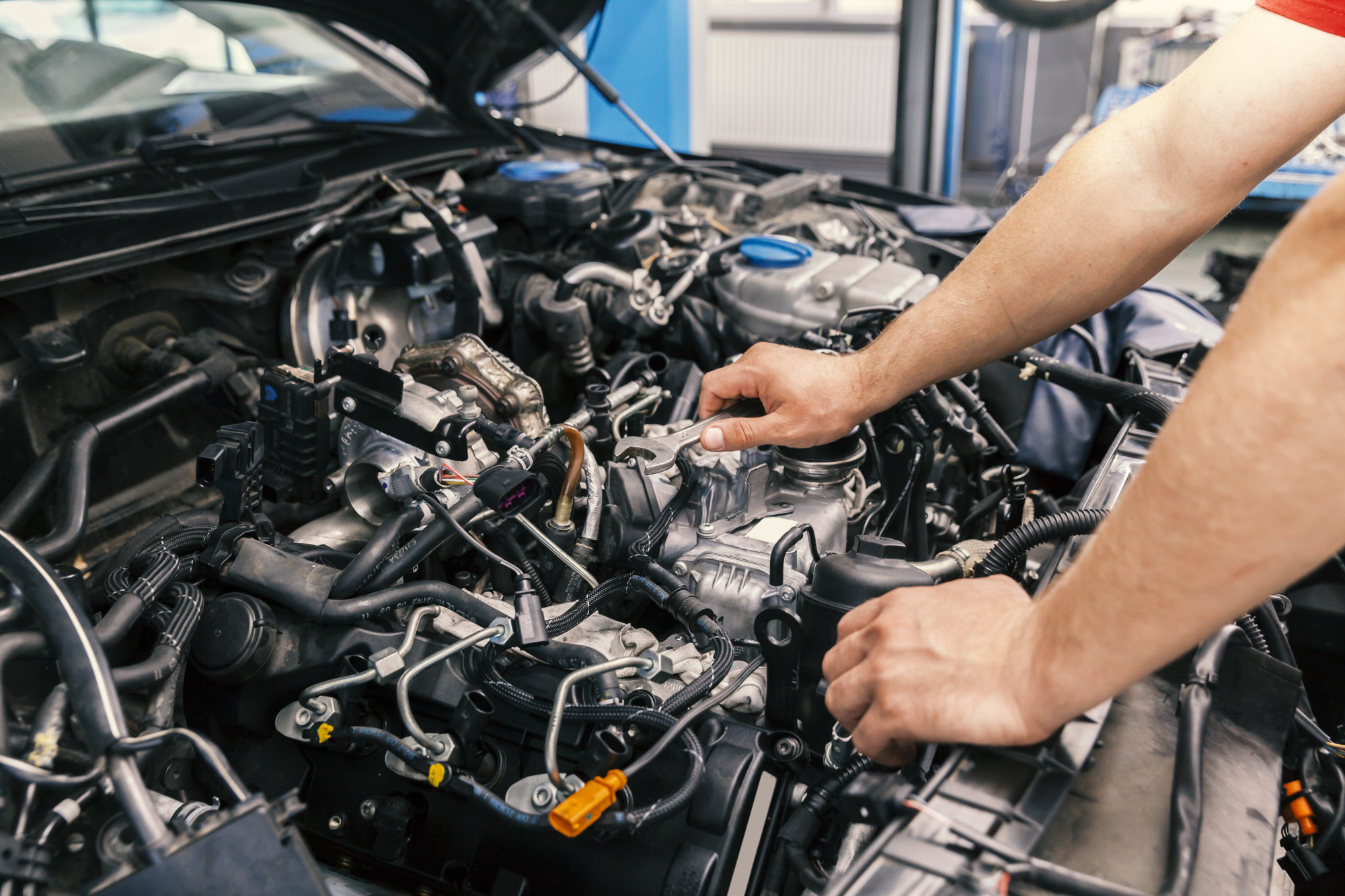
A lot of people know about diesel engines. But fewer people know how they work, and how they’re different than gasoline engines.
There’s a reason for this, of course. Gasoline engines are much more common on the road today than diesel engines. As such, most people only have exposure to driving and maintaining gasoline engines.
But there’s a lot to be said for diesel engines, and reasons to consider switching to a diesel vehicle. It’s not for everyone, but diesel has its own pros, and for some, it may be worth switching to.
Let’s take a look at the differences between a diesel engine vs. a gas engine.
Diesel Engine vs. Gas Engine: What’s the Difference?
Some people are under the misconception that diesel and gasoline are just two separate types of fuel. In fact, the engines themselves are two different things.
Both of them are internal combustion engines. This means that they take in air, mix it with the fuel, and then compress the mixture to ignite it.
The primary difference between the two types of engines is the method of ignition. Gasoline engines use a spark plug, similar to other gas appliances, to generate a spark. This spark is what ignites the fuel mixture.
Diesel engines do away with the spark plug altogether. Instead, they simply use extreme amounts of compression. The compression generates large amounts of pressure, and it generates the energy necessary to ignite the fuel.
Diesel engines are generally considered to be more efficient than gasoline engines. This is especially true for those who tend to drive more highway miles than city miles.
However, this advantage becomes negligible in city driving, where the regular start-and-stop nature of the roads limits the usefulness of a diesel engine somewhat.
Overall, diesel engines are generally more efficient and cost-effective than gasoline engines. They are also easier to repair and maintain. They have fewer moving parts than gasoline engines, meaning there are fewer things that can potentially break.
The main issue with diesel is that you have to hunt for it. The vast majority of general, public-use car models run on gasoline engines. If you want a diesel engine, you’ll have to look for it.
There are some consumer models that come by default with a diesel engine. Chevrolet trucks, such as the Colorado and Silverado, are good options. A used Silverado can be acquired for cheap and is a reliable option.
See the Benefits of Diesel Yourself
Comparing the difference between a diesel engine vs a gas engine is an important debate when buying or upgrading a car. Diesel engines have many benefits over gasoline engines. From their efficiency to their cost-effective nature, there are many reasons to choose diesel.
Have any other questions about all things automotive? Be sure to check out the rest of our site. We have great articles designed to help you with everything from buying to maintaining your car, and everything in between.




